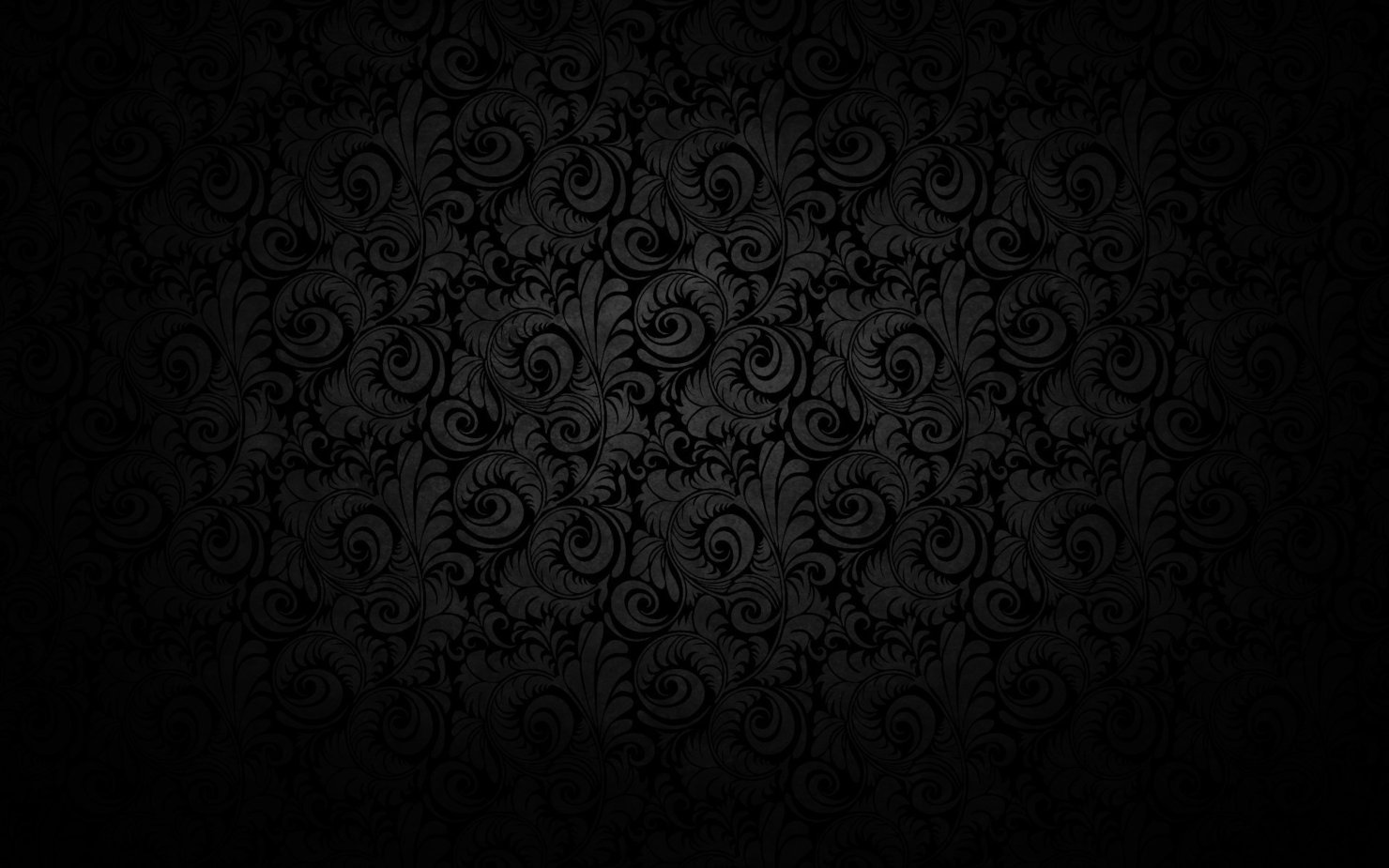Recently, I read a book supposedly set in the 90s but it felt like it belonged in the 60s. One of the things that made it feel that way was the characters. One of the college-aged men constantly addressed everyone as “old man,” “old chum,” “old chap,” and that was bad enough, but the one young woman in the group of friends was asked—and expected—to iron one of the male’s shirts.
And. She. DID. IT!
Sorry…but Nicki Sosebee (a character of the new millennium but written by someone who grew up in the last century and, therefore, in the same era as the author who wrote the book I referenced in the last paragraph) wouldn’t just iron the guy’s shirt. She’d tell him to do it himself, probably with a colorful epithet thrown in just for good measure. If he asked nicely (and was good looking), she might demonstrate to him how to use an iron, but no way in hell would she pick up that damned thing unless it was to bean him with it, trying to knock some sense into him.
I prefer my heroines strong. That’s how I’ve always been. Even when a book is set in earlier times, I prefer reading about women who find their strength anyway. I think that’s why the character of Scarlett O’Hara has always appealed to me and why I admire the women of history who really were strong in spite of the fact that they were fighting to be heard in a male-dominated world—women like Joan of Arc, Susan B. Anthony, Mary Wollstonecraft, Marie Curie. My list could go on and on, really. It is to many of those women (and probably hundreds more I haven’t named or even learned of) to whom I owe gratitude. We are living in a time when women are not thought to be intellectually inferior and we are the masters (yes, masters) of our own destinies; I have often marveled at the fact that I was born at the exact right time in history. I realize that, because of the way I think and feel, I likely would have been executed or enslaved were I living in earlier times. So I am grateful to be living now. I am thankful too to my mother and my grandmothers who also modeled for me that traditional female roles didn’t need to bind me.
I think that’s where characters like Nicki Sosebee come from: she and other female characters I write come from the need to explore complete autonomy as a female. That’s not to say that my characters are militant feminists because they clearly are not; rather, they are women who embrace their destiny and they don’t need a man to do it.
For readers who prefer more traditional roles, there are plenty of books out there to satisfy, but I write what I want to read. I don’t want to read about a subservient woman or one whose only interest is to capture a husband. And so I don’t write that, either. I write characters like Nicki (who works not one but two jobs in order to be independent, and she shuns societal expectations while she’s at it, refusing to be labeled a “slut” just because she likes sex and doesn’t always feel the need to be in love just because she wants to have a good time), Valerie Quinn (who comes from a more traditional family but soon learns that she can play with the big boys), and Kyle Summers (who definitely does not need a man although she does find someone who revs her engine).
Considering my age and my outlook on life, I don’t expect I’ll change. I figure I’ll be writing characters like these women for the rest of my life. I hope you’re along for the ride!
[As a quick aside, I feel the need to counter a few critics. Many readers view Val as weak-willed and/or stupid, but I think they forget that she is still a teenager throughout the first part of the book and she was a sheltered young woman before beginning her journey. She grows; she learns; she becomes strong. I know when I was nineteen, I did some stupid things. But I learned and grew—as do many of my characters…including Val.]Who are your favorite female literary characters?


Leave a Reply